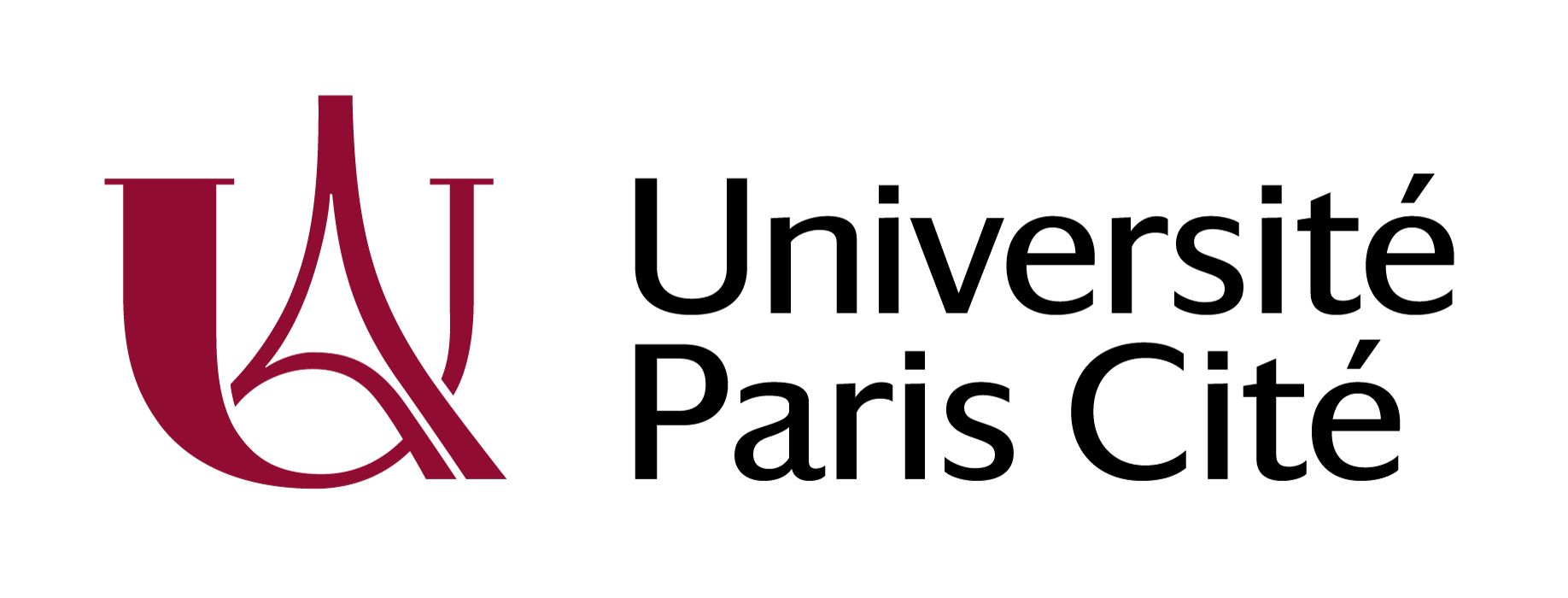Phraseological Anglicisms as reflected in dictionaries
Traitement lexicographique des anglicismes phraséologiques
Résumé
The reception of borrowed phraseologisms poses particular lexicographical problems. In this article the case of phraseologisms such as plafond de verre, modelled on the English glass ceiling, will be investigated to see how collaborative dictionaries such as Wiktionnaire or encyclopaedias such as Wikipédia deal with this particular lexical category. The hypothesis is that the two aforementioned resources will be more receptive to these constructions and to acknowledging their Anglo-Saxon origin than non-collaborative dictionaries. To do this, the 74 examples of common phraseologisms borrowed, usually indirectly, from English to German are investigated first in French Wiktionnaire and Wikipédia and then in conventional dictionaries, both commercial
and university produced. It turns out that it is the scholarly dictionaries which give the most precise and best documented lexicographical information.
La réception de phraséologismes empruntés pose plusieurs problèmes lexicographiques. Dans cet article, la présentation de phraséologismes tels que plafond de verre, emprunté à l’anglais glass ceiling, est examinée dans le cas des ressources contributives Wiktionnaire et Wikipédia par rapport aux dictionnaires classiques. Les premières sont-elles plus ouvertes à l’inclusion de ces lexèmes atypiques ? Reconnaissent-elles leur origine anglo-saxonne ? Pour répondre à ces questions, nous avons pris un échantillon de 74 phraséologismes empruntés (le plus souvent indirectement) à l’anglais par l’allemand afin d’examiner leur inclusion d’abord dans Wiktionnaire et Wikipédia français, puis dans des dictionnaires traditionnels, à la fois commerciaux et universitaires. Il s’avère que ce sont les dictionnaires de cette dernière catégorie qui fournissent les informations lexicographiques les plus précises et les mieux documentés.
